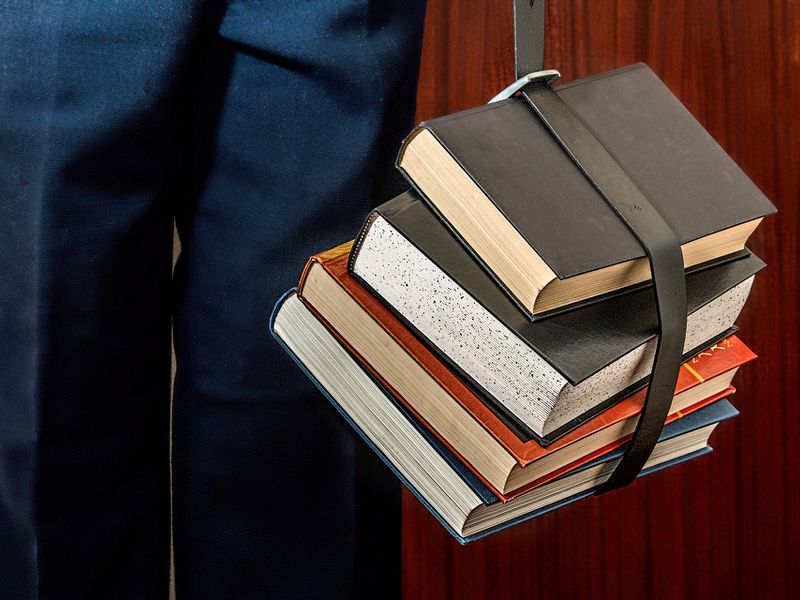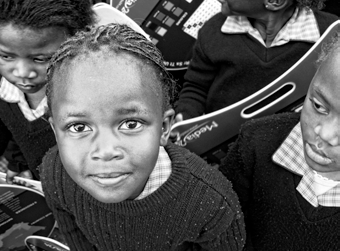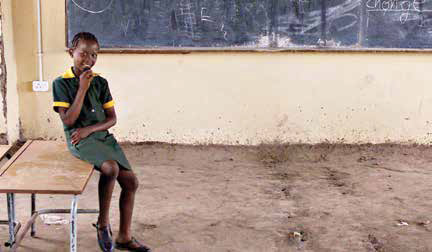Sparking a reading revolution
Posted By: Transnet Foundation
15.06.2017
Reading skills are vital for improving the literacy and numeracy skills of learners at all levels. Unfortunately, only 14% of South Africans read books and less than 10% of parents read to their children. Enter the Transnet Foundation’s mobile library programme… aimed at kickstarting a reading phenomenon.

Reading skills are vital for improving the literacy and numeracy skills of learners at all levels. Unfortunately, only 14% of South Africans read books and less than 10% of parents read to their children. Enter the Transnet Foundation’s mobile library programme… aimed at kickstarting a reading phenomenon.
Given the low interest and competency in reading, the Department of Basic Education (DoE) launched several campaigns in 2015 to bring back the love of reading to South African children. The Transnet Foundation has heeded the call from Minister Angie Motshekga for corporate organisations to be involved in a programme to supply mobile libraries as part of its reading campaigns.
To date, the Foundation has supplied mobile libraries and books to 25 schools in KwaZulu-Natal and Limpopo at a total cost of R2.5 million. “We handled the distribution systematically. Our first point of call was to discuss our intent with the DoE and select schools. We chose areas that are in close proximity to Transnet’s mega-projects. The Foundation did not decide on the titles of the books; we receive a catalogue of the books
required from the DoE, and we then purchase them for the schools. Depending on the number of learners, we supply five to eight mobile units per school,” says Theresa Moila, Senior Manager of Transnet Foundation’s Education Portfolio.
This ad hoc initiative by the foundation’s education portfolio speaks to a national education need that extends far deeper than just the supply of books. It relates to igniting a reading culture. “Many schools don’t have libraries. It will be too costly to deal with the backlog of building libraries at all these schools. A mobile library ensures access to books for recreational reading, as well as books for reference purposes,” Theresa continues. “Additionally, these libraries help children familiarise themselves with the depth and richness that can be found in a book.”
National priority
According to Minister Motshekga, the United Nations Educational, Scientific and Cultural Organization (UNESCO) has declared literacy a human right, a tool of personal empowerment and a means for social and human development. “Literacy is at the heart of basic education for all and is essential in the eradication of poverty, reducing child mortality, curbing population growth, achieving gender equality and ensuring sustainable development, peace and democracy. The outcome of good quality basic education is to equip learners with literacy skills for life and further learning,” she said.
Against this backdrop, Minister Motshekga launched the 1 000 Libraries campaign in July 2015 to build and furnish libraries for schools. The goal is to have 1 000 libraries completed by 2019. The DoE further initiated the Drop All and Read campaign to foster a spirit of reading for learners, educators and parents. This campaign enforces literacy as a basic human right and promotes the personal development of individual learners. For the Drop All and Read campaign, schools have to observe a mandatory 30 minutes of reading every week. Along with teaching, the spirit of reading involves making reading fashionable, interesting and exciting for learners. Other programmes linked to this are reading clubs spelling bee projects and the Book Flood campaign.
Love to read
 Education, starting from foundation phase, requires numeracy, literacy and life skills. A child needs to learn how to read from a very early age to be equipped for future learning. “By Grade 1, children need to have elementary learning skills. Children need to understand and later interpret what they have learnt, and
Education, starting from foundation phase, requires numeracy, literacy and life skills. A child needs to learn how to read from a very early age to be equipped for future learning. “By Grade 1, children need to have elementary learning skills. Children need to understand and later interpret what they have learnt, and
they can only do this by being able to read well,” says Theresa. Theresa is an avid reader. She tells stories of how she encouraged her daughters to buy books and create their own libraries from a young age. From scouting around at bookstores ranging from Exclusive Books to second-hand ones, the girls developed a passion for reading early in life. She says that today her grandchildren are in competition with each other to see who can read the most books. “The earlier the love for reading starts, the better. Teachers and parents play a pivotal role in ensuring that children become enthusiastic readers. Unfortunately, not many parents inculcate that love for reading. Families would rather watch television than
read books,” she adds.
The foundation hopes that, through initiatives such as mobile libraries, easier access to curriculum-based books will inspire children to become interested in reading, despite the lack of encouragement from those around them.
BOOKS IN A BOX
A mobile library is a small box-shaped unit filled with library books that you simply wheel into a classroom. This library contains 250 to 300 books that learners can read at their leisure in the classroom, or take home. “In the absence of having fully-fledged libraries in schools, mobile libraries are a cheaper way of ensuring that children have access to books. The initiative provides support to primary and high schools,” says Theresa.
20 THE NUMBER OF SCHOOLS, TO DATE, WHO HAVE BENEFITED FROM MOBILE LIBRARIES IN KWAZULU-NATAL.
10 FOUNDATION HAS SUPPLIED FIVE HIGH SCHOOLS WITH 10 MOBILE UNITS (TWO PER SCHOOL).
260 On 14 February, the foundation will do an official handover of units to the Kwamthethwa schools in
KwaZulu-Natal. The handover coincides with the launch of a multi-purpose sport centre for two primary schools and the donation of school shoes and bags to 260 orphaned and vulnerable children.